NSW K – 10 Science Syllabus mapping for all our incursions
NSW Science & Technology Syllabus Content:
A student:
ST2-11DI-T
describes how digital systems represent and transmit data
ST2-2DP-T
selects and uses materials, tools and equipment to develop solutions for a need or opportunity
ST2-3DP-T
defines problems, describes and follows algorithms to develop solutions
ST3-11DI-T
explains how digital systems represent data, connect together to form networks and transmit data
ST3-2DP-T
plans and uses materials, tools and equipment to develop solutions for a need or opportunity
ST3-3DP-T
defines problems, and designs, modifies and follows algorithms to develop solutions
Science and Technology K–6 Syllabus
(Implementation from 2027)
For explanatory points & implementation advice for each dot point, please visit the NESA Science and Technology K–6 Curriculum site
ST2-DDT-02
designs and uses algorithms, represents data and uses digital systems for a purpose
ST2-DAT-01
uses and interprets data to describe patterns and relationships
ST3-DDT-02
creates, evaluates and modifies algorithms to code or control digital devices and systems
ST3-DAT-01
interprets data to support explanations and arguments
NSW K – 10 Science Syllabus mapping for all our incursions
Print a PDF which details K to 6 mapping of all our science visits
Victorian F – 10 Science Curriculum
Explore a range of digital systems with peripheral devices for different purposes, and transmit different types of data (VCDTDS019)
Define simple problems, and describe and follow a sequence of steps and decisions involving branching and user input (algorithms) needed to solve them (VCDTCD023)
Explain how student-developed solutions and existing information systems meet common personal, school or community needs (VCDTCD025)
Examine how whole numbers are used as the basis for representing all types of data in digital systems (VCDTDI027)
Design, modify and follow simple algorithms represented diagrammatically and in English, involving sequences of steps, branching, and iteration (VCDTCD032)
Develop digital solutions as simple visual programs (VCDTCD033)
Explain how student-developed solutions and existing information systems meet current and future community and sustainability needs (VCDTCD034)
Safely use appropriate materials, tools, equipment and technologies (VCSIS067)
Scientific understandings, discoveries and inventions are used to inform personal and community decisions and to solve problems that directly affect people’s lives (VCSSU073)
Print a PDF which details P to 6 mapping of all our VIC science visits
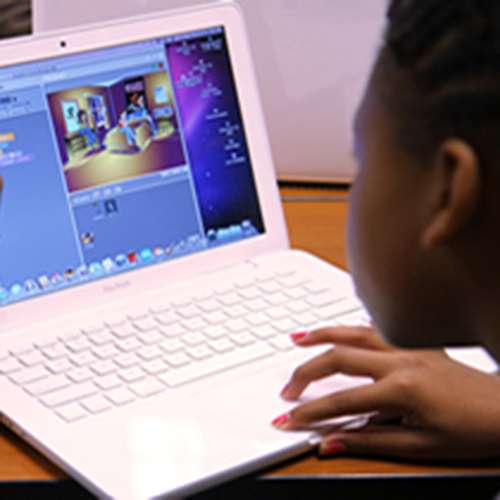
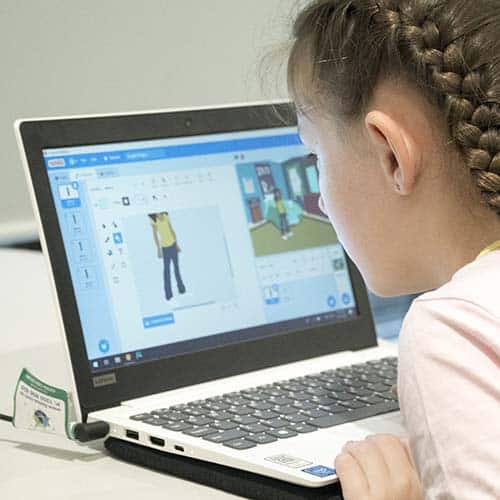
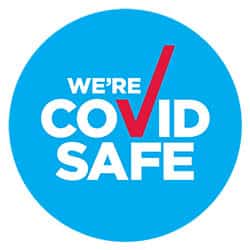
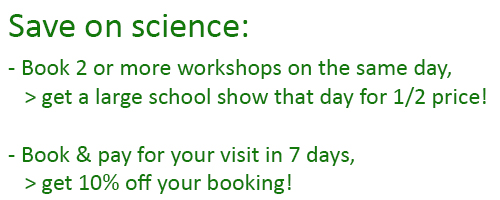
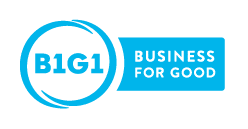












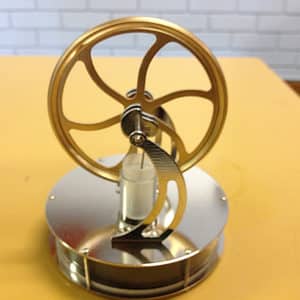
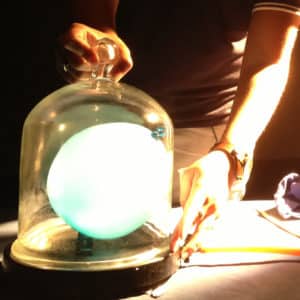
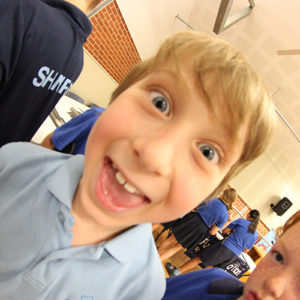




I just wanted to pass on how much the staff and students really enjoyed it and how perfect it was to launch our science week activities. The students were enthralled, educated and entertained – a perfect trifecta!
-Caulfield Grammar School – Big Science Big FunThanks so much for presenting at our school on Monday. Our students enjoyed the show.
-Greenvale Primary School – Big Science Big FunFizzics Education curated a thoughtful and hands-on experience for the children, incorporating practical, skill-based learning activities and followed by a science presentation at the end of the event involving liquid nitrogen. This was delivered safely and effectively, capturing both the children and the parents for the duration of the presentation.
-Macquarie Bank – Family Fun DayFizzics Education ran a show today at our school and it was wonderful. He was a great facilitator and the show was age appropriate and well done.
-Mount Zion Early learning centre – Little Science Big FunI just wanted to pass on how much the staff and students really enjoyed it and how perfect it was to launch our science week activities. The students were enthralled, educated and entertained – a perfect trifecta!
-Caulfield Grammar School – Big Science Big FunThanks so much for presenting at our school on Monday. Our students enjoyed the show.
-Greenvale Primary School – Big Science Big FunFizzics Education curated a thoughtful and hands-on experience for the children, incorporating practical, skill-based learning activities and followed by a science presentation at the end of the event involving liquid nitrogen. This was delivered safely and effectively, capturing both the children and the parents for the duration of the presentation.
-Macquarie Bank – Family Fun DayFizzics Education ran a show today at our school and it was wonderful. He was a great facilitator and the show was age appropriate and well done.
-Mount Zion Early learning centre – Little Science Big Fun